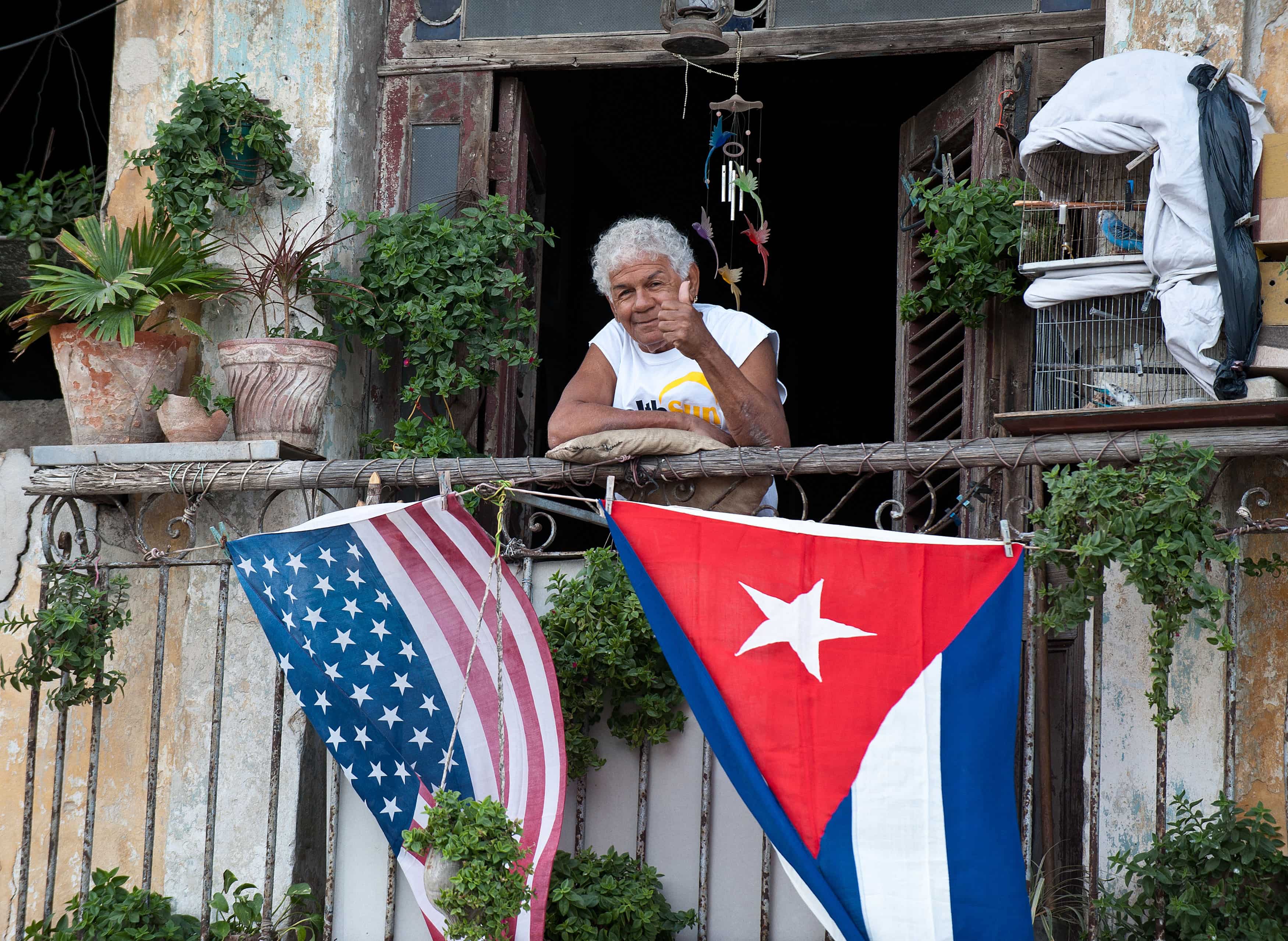WASHINGTON, D. C. – President Barack Obama’s administration said Thursday that the new set of U.S.-Cuba travel regulations, first announced last month as part of a return to normal diplomatic relations with the island nation, will take effect today. As part of those changes, it will be easier for U.S. citizens to travel to Cuba than it is has been for more than 50 years. But it won’t be as simple as booking a flight. Here’s a quick rundown of who exactly will be able to visit Cuba, and under what circumstances:
For starters, these changes will not allow official tourist travel to Cuba. Senior administration officials clarified in a conference call Thursday morning that the new regulations “are not meant to facilitate tourist travel to Cuba, as tourist travel remains prohibited by statute.” In other words, headlines that have run rampant in recent weeks telling U.S. citizens that they can now travel to Cuba are overstated, or, at the very least, misleading.
But the changes set to take effect Friday will make it easier for those hoping to visit Cuba to do so. U.S. citizens who wish to travel to Cuba will have to meet one of 12 different criteria for authorized travel, as they have in the past. Those categories include family visits, official business of the U.S. government, foreign governments, and certain intergovernmental organizations; journalistic activity; professional research and professional meetings; educational activities; religious activities; public performances, clinics, workshops, athletic and other competitions, and exhibitions.
“It’s a violation of U.S. law to disregard travel categories,” a senior administration official said. “Penalties can be imposed for violations of any of the terms. This is something that we will continue to highlight as part of the process.”
But — and this is a huge but — prospective travelers will no longer have to obtain a special license from the government, which seems to pave the way for a future in which leisure travel is more common, if not completely legal. As part of the updated regulations, those hoping to travel to Havana will only need a general license, which they can declare as individuals. In practice, this will effectively mean that people can claim they are traveling under one of the dozen approved categories, and then book a flight. Airlines and travel agents will no longer need specialized licenses to provide service to Cuba.
“A general license is not a physical piece of paper, like the specialized license is — it’s basically a presumption that you fit one of those categories,” said Julia Sweig, a longtime expert and author on Cuba. “It’s like the government is giving citizens the benefit of the doubt from now on.”
Senior administration officials admitted that a future in which U.S. travelers can purchase tickets to Cuba online is approaching. “I can foresee that over time it is possible under these changes that we could have regularly scheduled air travel and then you as a traveler could get online to buy a ticket,” a senior administration official said. People will still need to fall within one of the 12 existing categories, but they might be able to do so simply by checking a box while booking a ticket.
In the past, U.S. citizens have circumvented travel bans by traveling through third party countries, like Canada and Mexico. In 2012, an estimated 98,000 U.S. people visited Cuba, a number that doesn’t include the roughly 35,000 Cuban Americans who also made the trip that year. In the future, circumvented travel restrictions might not require such involved maneuvers — especially if those travel restrictions continue to soften, or even fade away entirely, as some experts predict.
“In my view, this is pretty much the end of the travel ban as much as they can make at the moment,” said Sweig. “The next thing they’re going to do is negotiate a civil aviation agreement so charters can carry more people. And once you have more Americans going to Cuba without the sort of bureaucratic hassle there has been in the past, that’s going to create a real impetus for officially lifting the travel ban once and for all.”
Friday will mark the third time the Obama administration has loosened U.S. travel restrictions to Cuba. In 2009, the president made it easier to Cuban Americans to visit family. In 2011, the administration made it easier for U.S. citizens to travel to the island country for educational, religious, and cultural purposes.
Ferdman is a reporter for Wonkblog covering food, economics and immigration.
© 2015, The Washington Post






